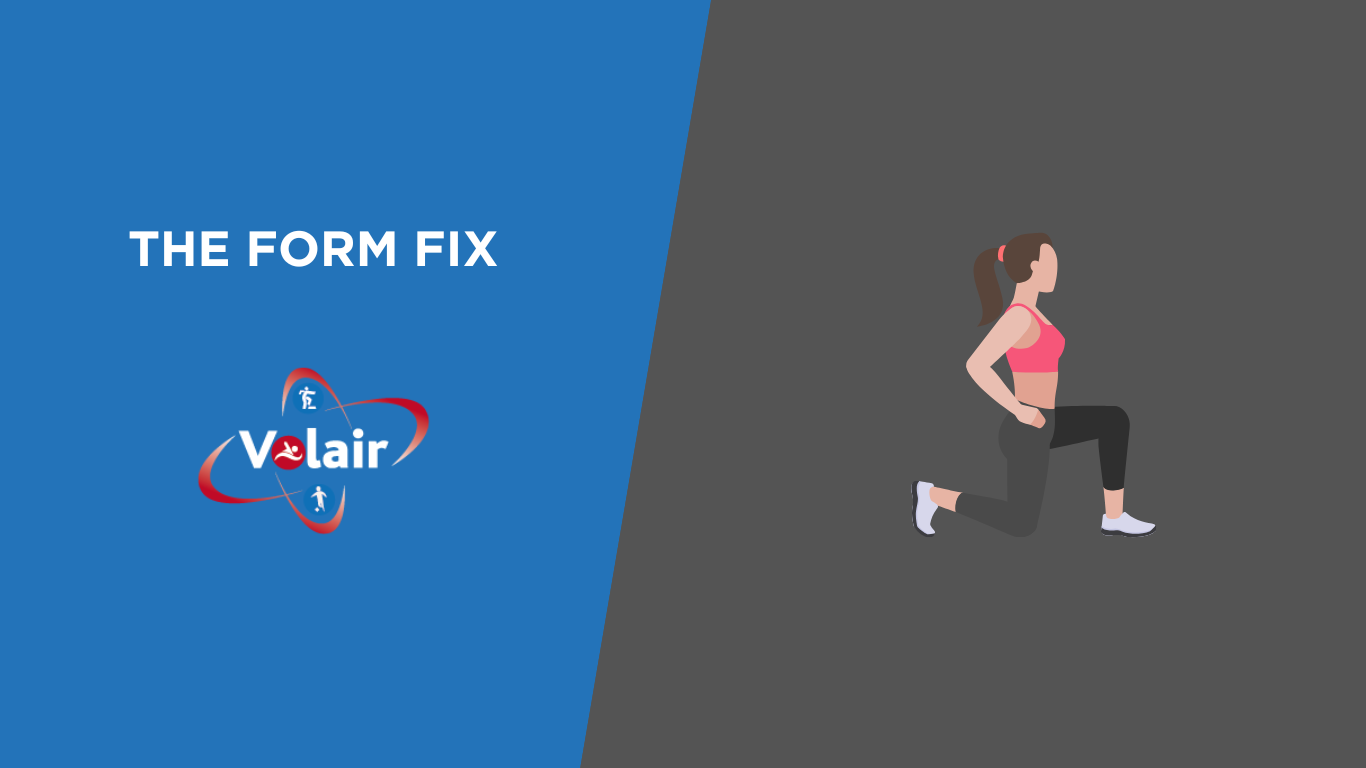
Whether you’re in the gym, swimming, or powering through a Group Fitness Class, good form is your foundation. It’s what connects intention to execution. Using proper technique isn’t just about looking good; it ensures you’re working the muscles you intend to train, reducing your risk of injury and making each movement more effective.
In resistance training, form is everything. A controlled squat or deadlift with good posture, proper depth, and joint alignment maximises muscle activation where it counts, targeting the glutes, quads, and hamstrings. However, with poor form, it will target the lower back or knees, leading to potential injury. Without form, your progress stalls or, worse, you could get injured. Every rep done well is an investment in strength, stability, and long-term results.
Muscle activation refers to the process where your brain and nervous system send signals to your muscles, causing them to contract and initiate movement.
In the pool, form is efficiency. Good swimming technique reduces drag, improves breathing, and helps distribute effort across the whole body. For example, a strong, high elbow pull engages the lats and core, while poor form wastes energy through splashing or overreaching. Swimmers who prioritise form move farther with less effort and often faster.
Group classes are fast-paced, high-energy, and motivating, but they also challenge your form when you’re fatigued. Instructors emphasise movement quality, but it’s easy to lose sight of your body’s alignment when trying to keep up. Focus on clean reps early in the set, and don’t be afraid to adjust your weight or movement speed to maintain control. If you are ever in doubt, ask one of our instructors.
Think of form as a guide flowing effort exactly where it needs to go. A precise form ensures that the right muscles are doing the work, which means your training is targeted and efficient. It also keeps your joints safe by distributing the load properly.
✅ Smarter progress:
✅Stronger muscles,
✅Fewer injuries,
✅Better performance.
Here’s the nuance: cheat reps have a time and place. Toward the end of a strict set, letting form slip slightly to grind out those final 1–2 reps can push your muscles just beyond failure, which is a sweet spot where growth happens. The key is to do this consciously, not carelessly. Controlled “cheating” is not the same as bad form from the start. It’s an advanced technique, not a shortcut.
✅ Prioritise form over weight or speed
✅ Use mirrors or video for feedback
✅ Record yourself or ask for coaching
✅ Allow cheat reps only in the final 1–2 reps
✅ Know the difference between fatigue and failure
✅ Scale movements in fitness classes when needed
If you are struggling, our friendly team is always here to help, and we offer a Personal Programme for those who need additional guidance. Did you enjoy this post? Continue your fitness journey with our article, Stretching 101.
